 News & Highlights
News & Highlights
IPFD Board
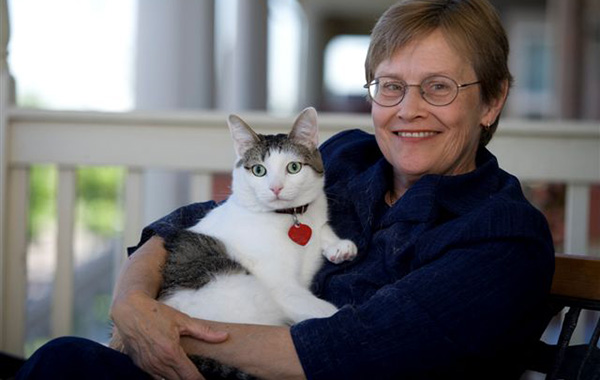 IPFD Board member Dr. Patricia Olson has been honored by Colorado State University's College of Veterinary Medicine and Biomedical Sciences for her commitment to welfare for animals and people. Please join us in congratulating Dr. Olson!
IPFD Board member Dr. Patricia Olson has been honored by Colorado State University's College of Veterinary Medicine and Biomedical Sciences for her commitment to welfare for animals and people. Please join us in congratulating Dr. Olson!

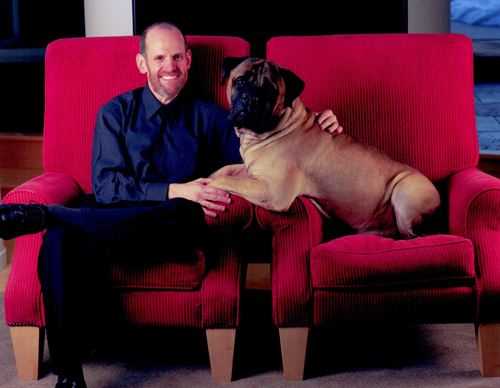 IPFD Board member Alan Kalter has been included among AKC's 2016 Breeder of the Year group honorees. Congratulations, Alan!
IPFD Board member Alan Kalter has been included among AKC's 2016 Breeder of the Year group honorees. Congratulations, Alan!
Breeds
New information has been added to our Pedigreed Dogs database:
Bearded Collie
The ‘Beardie’, as he is affectionately known, is a hardy dog with a lovable temperament. His handy size and adaptability, combined with workmanlike qualities, have given him a following far outside the farming community. Ideally suited to life in the country, with a double weather-resistant coat and active nature, he is a happy dog, neither timid nor aggressive. Ready to join in any activity, he has an enquiring expression that seems to ask‘ Well, what shall we do now?’ Gentle, and good with children and adults, he makes an ideal member of a fun-loving family. (Source: The Kennel Club)
New Information & Resources on DogWellNet.com:
Read more about the Bearded Collie in a new entry in our Pedigreed Breeds Database.
Bedlington Terrier
The linty coat and distinctive arched loin of the Bedlington and his long head give him a lamb-like appearance, but he is an excellent dispatcher of vermin from rabbit to fox. The origins of the breed are much debated with some suggestion of the Bull Terrier and the Otterhound and perhaps some Dandie Dinmont but as in many breeds there is some dispute in the background of the breed. (Source: The Kennel Club)
New Information & Resources on DogWellNet.com:
Read more about the Bedlington Terrier in a new entry in our Pedigreed Breeds Database.
Pekingese
The Pekingese is an aristocrat, whose ancestry can be traced back to the Tang Dynasty. Similar dogs had been known in China since the eighth century, but by the early 1800s they had become the favourites of the Imperial court and no commoner was allowed to own one. However, following the British sacking of Peking in 1860, four were found and brought back to England. Subsequently, others were obtained by more normal means. The Pekingese was accepted for registration in the USA in 1909 and in the UK the following year. (Source: The Kennel Club - Patronage)
New Information & Resources on DogWellNet.com:
Read more about the Pekingese in a new entry in our Pedigreed Breeds Database.
Saint Bernard
In the 11th century, monks founded a hospice as a refuge for travellers and pilgrims on the 2469 metre - high Great Saint Bernard Pass. Large mountain dogs have been kept at the hospice since the mid 17th century to guard and protect those staying there. The first photographic evidence of the presence of mountain dogs dates back to 1695, and the first written document is a hospice memo from the year 1707. The dogs were rapidly adopted as companion dogs and above all as rescue dogs for travellers who lost their way in the snow and mist. The dogs from the Great Saint Bernard Pass saved the lives of a great number of people, averting many deaths in the snow. (Source: Fondation Barry)
New Information & Resources on DogWellNet.com:
Read more about the Saint Bernard in a new entry in our Pedigreed Breeds Database.
English Bulldog (Updated)
Brief Description:
One of Britain’s oldest indigenous breeds, the Bulldog is known as the National dog of Great Britain and is associated throughout the world with British determination and the legendary John Bull. The Bulldog was first classified as such in the 1630s, though there is earlier mention of similar types referred to as bandogs, a term reserved today for a type of fighting dog. (Source: The Kennel Club)
New Information & Resources on DogWellNet.com:
Read more about the English Bulldog in our Pedigreed Breeds Database.
DogWellNet.com Articles
- View the September 2016 IPFD Presentation to the Kennel Club's Breed Health Coordinators in an update to Calling All Breed Experts.
- Hélène Denis has kindly provided several translated documents (health surveys and other information) from the club du Bulldog Anglais Breed Club (a great club supporting show and pet dog owners!) in our article: Société Centrale Canine -- The Club du Bulldog Anglais.
- We extend our thanks to Dr. Jerold S. Bell & Edmund Dziuk for sharing with the DogWellNet community! Dr. Bell,and Edmund Dziuk from OFA shared information with us on maintaining and improving breed health and OFA's role in tackling inherited disease in Gene Pools -- Breed Management.
- IPFD CEO Dr. Brenda Bonnett's Agria Breed Stats presentation to the SKK's Brachy Conference (February 2016) is now available on DogWellNet.com.
- The University of Sydney recently launched a world-first app that will not only help owners help their dogs be happier and healthier, but could also play a life-saving role by teaching young dogs to behave better. Read more in New APP for Dog Owners - Doglogbook
- Recently, comments have been made regarding the need to review and change the Breed Standards for some breeds with the aim of clarifying 'ideal' characteristics described, particularly with a mind to the Breed Standard's wording and its relationship to breed health and welfare. View background information on Breed Standards and the challenges and issues involved in changing them in Let's Talk - Change the Breed Standard!.
- The British Veterinary Association (BVA) and the Kennel Club have published updated results for the Hip Dysplasia and Elbow Dysplasia Schemes. Learn more and view the results in The Kennel Club -- BVA -- Health Schemes.
Latest Blog Entries
-
Dr. Brenda Bonnett's latest blog addresses challenges in work for breed health within breed clubs; see:
-
Check out the latest blog posts by our IPFD Student, Kelly Arthur:

-
Welfare Consultations to Improve Pet Wellbeing and Generate Revenue explores a new consultation structure, PetWise MOTs, created by the UK’s leading veterinary charity, PDSA.
-
Kelly ponders whether breed standards are to blame for the existence of deleterious traits in breeding dogs, and what else influences a breed’s health and welfare, in her latest entry: Breed Standards-Part or All of the Problem?.
-
In her recent entry, Resources for Finding the Right Canine Match, Kelly shares information to help people weigh their options before getting a pet.
-
In Dr. Paul McGreevy and the Complexities of Animal Welfare, Kelly shares points from her discussion of complex issues facing the welfare and behavior of purebred dogs with Dr. Paul McGreevy, BVSc, PhD, University of Sydney professor, researcher, veterinary specialist in behavioral medicine and expert in companion animal welfare.
-
- Be sure to visit our Blogs section to view all of the informative blogs in our DogWellNet.com community.

Great work for breed health and welfare is being done by breed clubs worldwide!
- We have a number of new breed club members to welcome. We at DWN appreciate breed information shared by David Steel from the Saluki Club, Charlotte McNamara from the Pekingese Club, Ian Seath from the Dachshund Club/Breed Council and Frøydis Hardeng from the Norske Dachshundklubbers Forbund. Hélène Denis from the Club du Bulldog Anglais has shared translated health surveys and other important information on approaches to breed management in France. See the DWN's Pedigreed Dog Breed pages to access breed specific information provided by breed experts.
- We also welcome new members representing work done by UK clubs and associations: Border Collie Breed Council | Bearded Collie Club UK | Neapolitan Mastiff | Curly Coated Retriever (UK) | Bedlington Terrier Health Group | The Rhodesian Ridgeback Club of Great Britain. We look forward to hearing more about health and welfare management ideas and work being done from these breed clubs and others.
 Helpful Hint
Helpful Hint
![]() You can configure the settings on your Facebook page to ensure you get notifications when IPFD posts on Facebook. You can also configure your settings to make IPFD's posts show up first in your Facebook newsfeed. Step-by-step instructions are available in our Help Desk area.
You can configure the settings on your Facebook page to ensure you get notifications when IPFD posts on Facebook. You can also configure your settings to make IPFD's posts show up first in your Facebook newsfeed. Step-by-step instructions are available in our Help Desk area.
 Stay Informed
Stay Informed
Members can opt to receive notifications by email. Are you on our email list? Click here to edit your Notification Settings (you must be logged in to your account).
Viewing as a Guest? Sign in or register now to get the most out of DogWellNet.com.



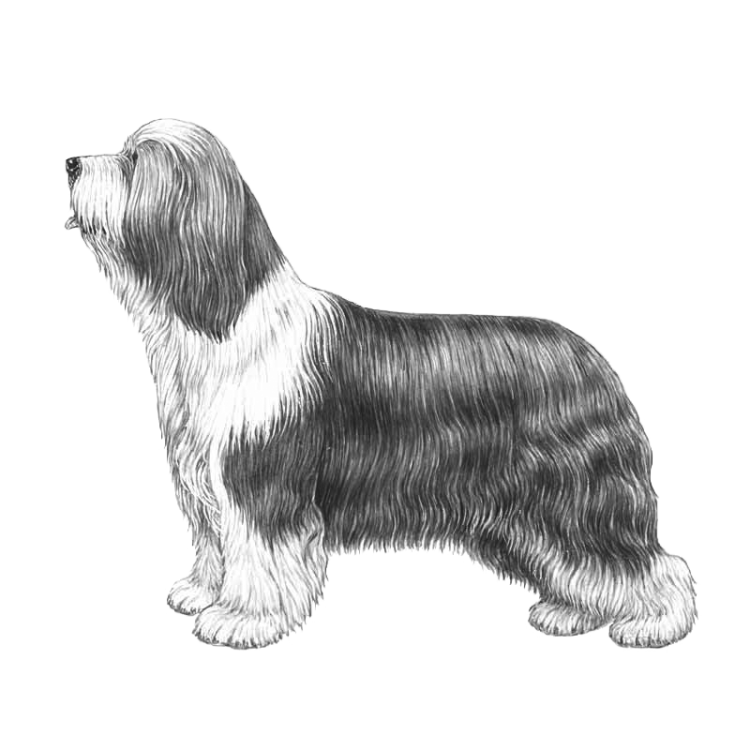
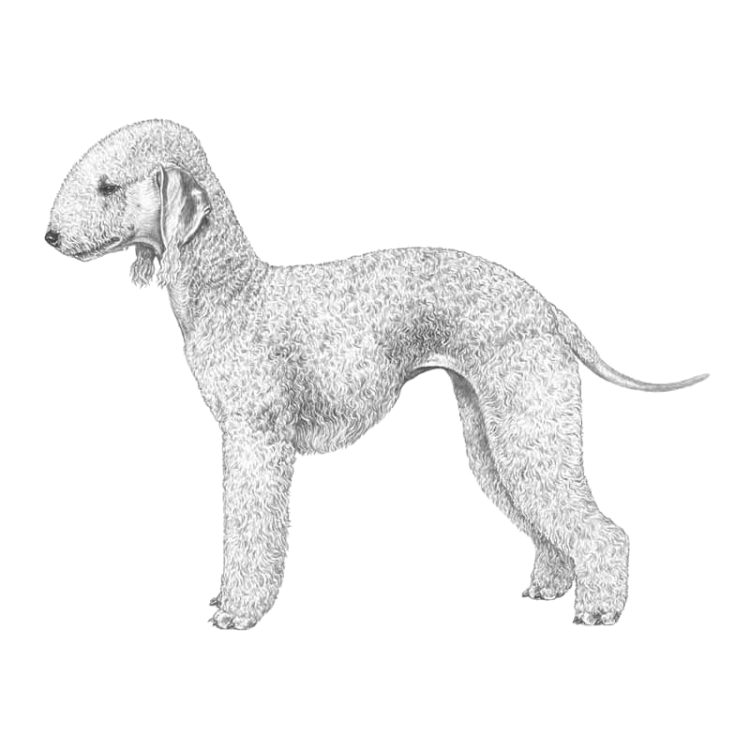
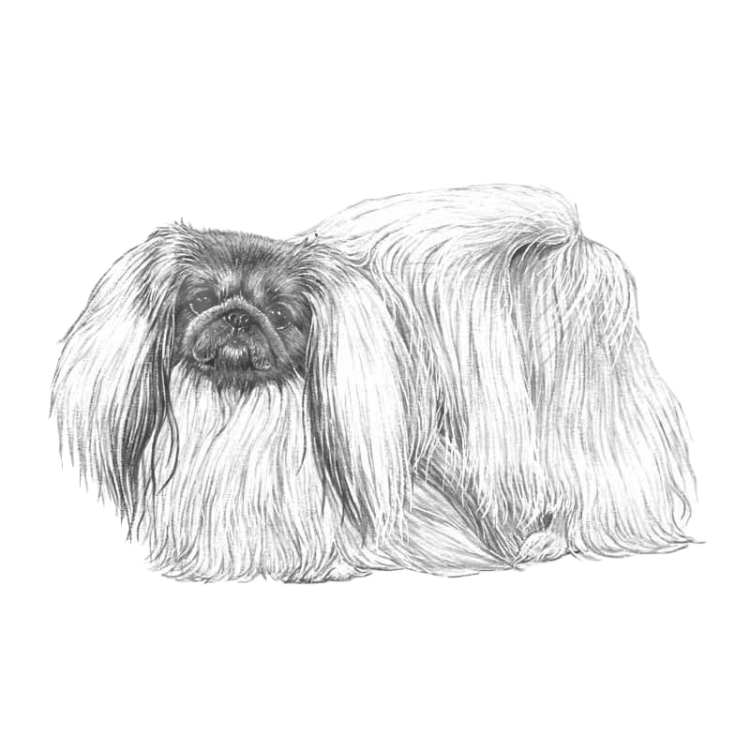
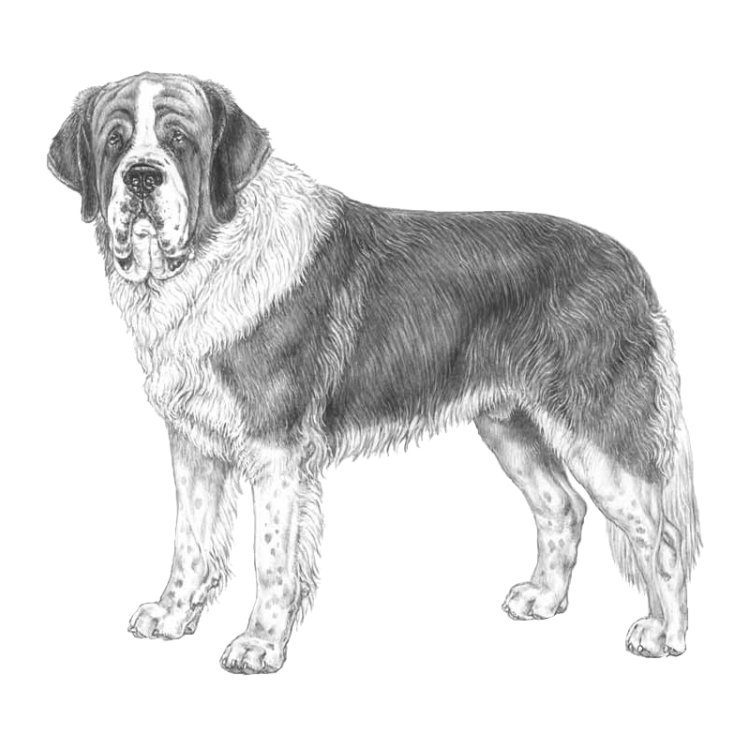
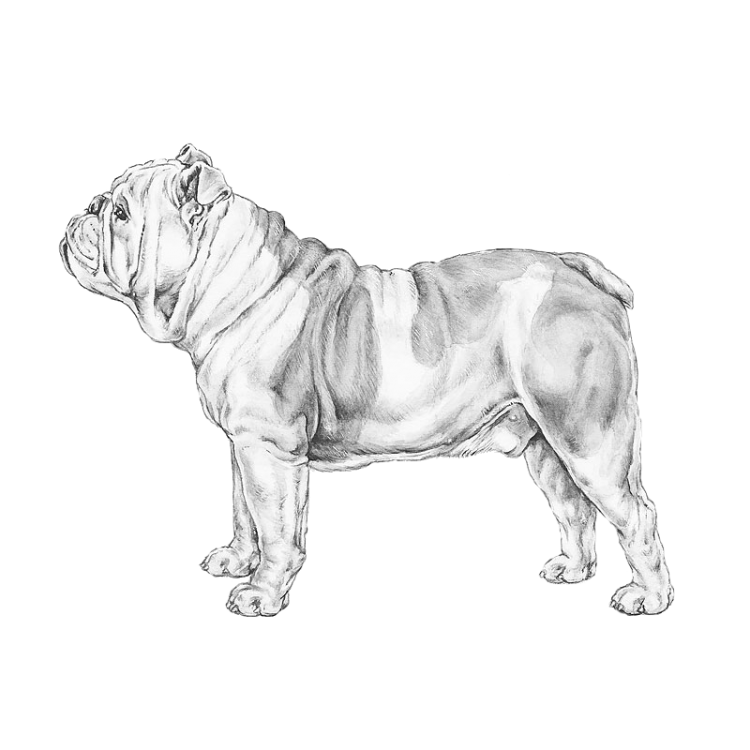

Recommended Comments
Join the conversation
You can post now and register later. If you have an account, sign in now to post with your account.
Note: Your post will require moderator approval before it will be visible.